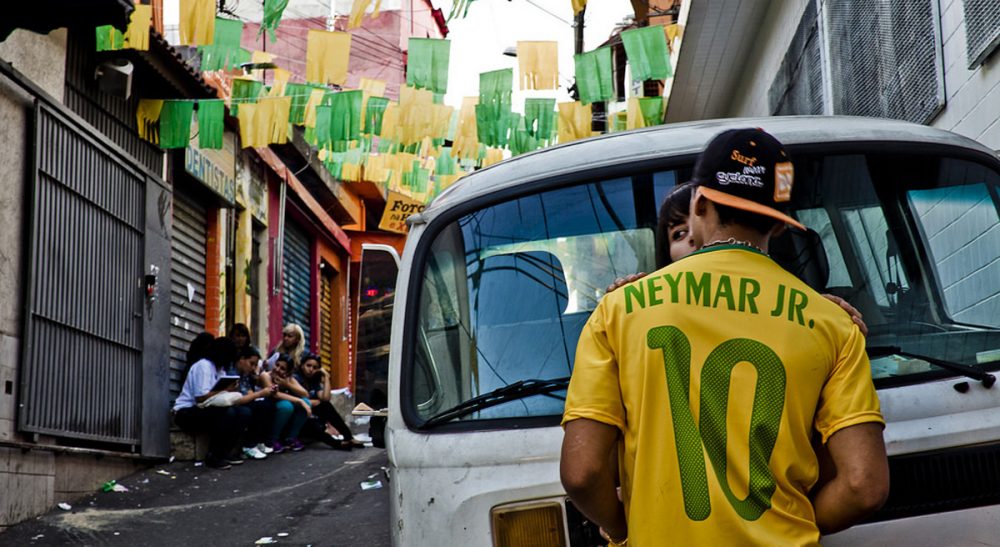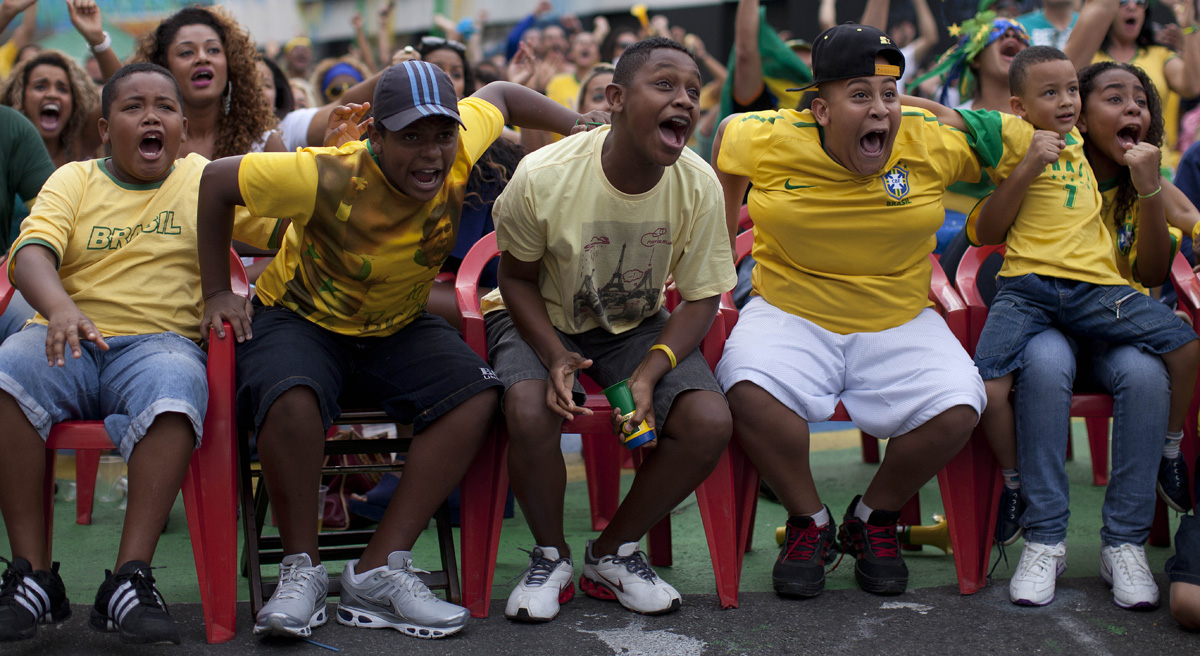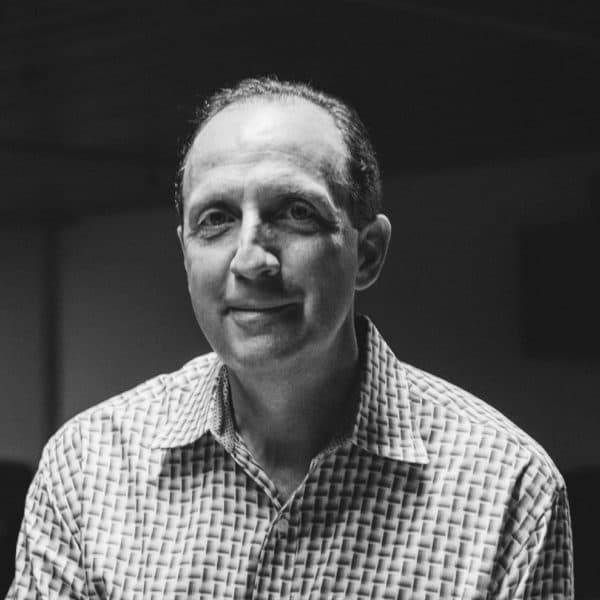Advertisement
A 'Cup of Cups': Brazil And The Beautiful Game

Contrary to the popular narrative in Europe and the U.S. that tried to define the 2014 World Cup as a flop before the first ball was even kicked, Brazil has thus far presented one of the best World Cups in the tournament’s 84-year history, a potential "cup of cups."
Writing from Sao Paulo, the rhythm of the city is reminiscent of New York’s in the 1980s. A lot of wealth has been created very quickly in this massive city over the last decade, matched by the burgeoning creative energy within its sprawling boundaries. In Sao Paulo today as in New York then, the new wealth accentuates the socio-economic inequalities and shabby public services, and the city is a veritable canvas for graffiti expressing dissatisfaction. The city also seems on the verge of chaos at times. Within this tale of two cities is a palpable sense that, although there is still a profound need for improvement, the city has come a long way and will continue to progress, like the nation as a whole.
Brazil has thus far presented one of the best World Cups in the tournament’s 84-year history, a potential "cup of cups."
Sao Paulo has a secular unifying force that New York never had: the beautiful game. When the Selecao, Brazil’s national team, plays in the World Cup, all traffic disappears. The old-school practice of pausing daily routines to congregate around televisions in the windows of stores and cafes to watch the game actually exists here. When Brazil scores, you hear cheering from the streets, along with bursts of hundreds of firecrackers.
It is a positive form of civic engagement that enriches the community, and it is difficult to duplicate. The Summer Olympics in 2016 won’t come close to recreating this ritual, because it will be Rio-specific and not exclusively about soccer.
The protests that took place in Sao Paulo and elsewhere in Brazil leading up to the World Cup have stopped. This is not because the socio-economic issues have gone away, but because the World Cup started. Most Paulistanos now want to watch soccer and rally around their national team. There will undoubtedly be time in the future for a resurgence of protests, especially if activists can attract media attention in the lead-up to the Olympics, but that time is not now.

European media, as well as some outlets in the U.S., overplayed the coverage of the protests in the months prior to the World Cup. It was an unfair portrayal of the nation that ignored much of the other, positive news coming from Brazil.
A lot of the reporting also encouraged the narrative (as it did with the 2010 World Cup in South Africa) that Brazil wouldn’t be ready in time. Nonsense. Brazil didn’t create soccer, but it has remade the game in its own image. The people of Brazil have a lot of pride in their sprawling, diverse homeland. It is little wonder, then, that Brazil has done a superb job of hosting and placing its national game on a pedestal for the world to admire.
And there has been much to admire. The World Cup has provided gracious venues and sublime and plentiful goal-scoring. Not to mention the honor of watching the play of all-time greats like Lionel Messi and Arjen Robben in their prime; the emergence of Neymar to carry on Brazil’s soccer lineage in the spirit of his forebears, Pelé, Didi and Garrincha; and the birth of new stars, like James Rodriguez, before a worldwide audience.
Advertisement
Following tradition, South America has performed well on its home soil, while some highly regarded European teams who traveled thousands of miles to play here washed out early. This is a tribute of sorts to the young U.S. National Team, which progressed from one of the "groups of death" to the knockout rounds under the leadership of Jurgen Klinsmann. The 2014 World Cup may even be looked back upon as the moment when the U.S. finally became hooked, and its soccer viewing habits began to catch up to its participation rate.
Brazil didn’t create soccer, but it has remade the game in its own image.
What’s more, Brazil has helped the evolution of soccer in the U.S. over the past 40 years, from Pelé humbling himself to play on Randalls Island to bring soccer to the U.S. in the mid-‘70s, to Neymar helping make this the most-viewed World Cup in our nation’s history. We owe Brazil a big thank-you.
There is an irony that may play out in this World Cup. The tension in the streets of Sao Paulo and the rest of the nation is palpable when Brazil plays. Much of this burden is projected onto the people’s embodiment of the beautiful game: its national team. Brazil was clearly tight against Chile, and as it moves deeper into the knockout rounds, the pressure will only mount.
Carrying the hopes of a nation on a team’s shoulders makes it very tough to win a World Cup at home, as the 1950 Brazilian team learned when it lost 2-1 to Uruguay before 200,000 fans in the same Maracana Stadium where the 2014 final will be played. The stadium has been updated, and seats have been added to allow a mere 78,800 people to view the final live this time, but the ghosts remain.
There is a lot more soccer, however, to be played between now and then. Let’s hope that the tournament the whole world is watching continues to shine.
Related:
